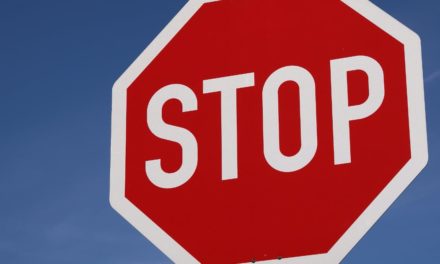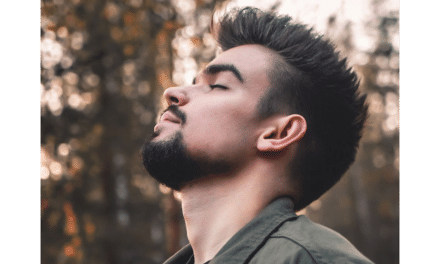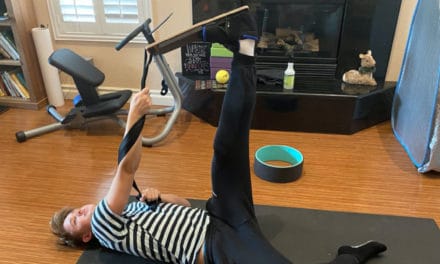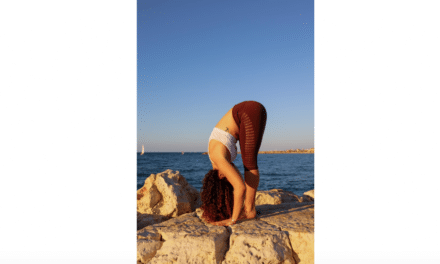I recently had a procedure done to my mouth and needed to take painkillers for a few days because the pain was awful. Ever since I began steroids and other blood pressure medication, I have wanted to limit the number of medicines I take as much as possible. When I was younger, I also had a history of using painkillers and antibiotics before removing my tonsils. I came across an article explaining natural ways to reduce pain and inflammation. As muscular dystrophy can cause cramping in muscles and pain can be a detriment to quality sleep, I thought it best to cover this article.
What is Bad About Medical Pain Killers?
Dave Asprey’s article “Natural Pain Relief: 5 Ways to Relieve Pain Without Ibuprofen” speaks about some negative effects of pain killers. The first is that the inflammatory lowering compounds can damage your gut lining and lead to Leaky Gut Syndrome. A leaky gut is when things inside your gut can leak into your bloodstream, resulting in a variety of problems for your overall health. When healthy, the gut lining prevents anything from seeping through into the bloodstream. Additionally, the FDA in the US issued a warning against these pain killers, as they can make someone more likely to have a heart attack or stroke. In my opinion, you should only take pain killers if necessary and not for chronic pain or aches/recovery. The less medication you are on, the better, although this changes when specific medication is required. But with things like pain killers, it is best to avoid them unless needed. If you are worried about pain, it would be much safer to use other natural methods, which I will discuss in the next few sessions.
What Are Some Natural Pain Relief Methods?
Cryotherapy, which is something I am eager to try, provides sudden and intense cold exposure. This causes your body to release cold-shock proteins, decreasing inflammation and speeding up recovery. The most I have done is jump into a freezing pool or ocean, and it feels incredible afterwards (minus the shivering), and I am curious to see how cryotherapy would feel. Hold and cold compress, which has been recommended to me ever since I can remember. The hold to cold and back again triggers anti-inflammatory heat shock and cold shock proteins. The compression decreases blood flow to injuries, which helps keep inflammation and swelling down. Various herbal pain killers also reduce inflammation. My favourite is Curcumin, a component of turmeric root, and is considered effective. I would highly recommend investigating other herbal pain killers and am eager to see more research on the topic.
There is also pulsed electromagnetic field therapy (PEMF), which sends electromagnetic pulses through your tissue, gently stimulating anti-inflammatory and repair compounds. I used this a few times with physical therapy and experimented with this when I was first diagnosed with muscular dystrophy. I found it helpful, but I did not use it frequently. Transcutaneous electrical nerve stimulation (TENS) does a similar thing but sends a mild electrical pulse through muscle and soft tissue stimulating recovery and pain-relieving endorphins. I have not used TENS, but as therapists apply it, I am sure it is beneficial for the body in some cases. I would recommend getting advice from therapists and researching before using or buying TENS and PEMF.
Other Things I Would Recommend That Help Reduce Pain
Some things I have found to help with pain relief include an optimal amount of sleep, eating healthy foods, stretching, exercise, any coping mechanism that reduces mental stress (music, social support, optimism, etc.), meditation/breathing exercises, and honestly any other product or technique that helps with recovery. Whenever I recover well, I rarely feel pain, so I encourage you to experiment and find what enables you to recover the best.
Final Insights About Natural Painkillers
There are a variety of natural methods to help reduce pain and inflammation. Unfortunately, these are not always enough. With muscular dystrophy, in particular, the condition has significant levels of inflammation, and natural remedies are unlikely to eliminate inflammation, at least quickly. Medication and other painkillers are sometimes necessary. However, when they are not required, I recommend avoiding painkillers and utilising natural methods instead.





